5 Ways to Avoid Unconscious Bias
Our brains constantly make decisions without our conscious knowledge, and it’s not always helpful or fair. For example, people in positions of power may unconsciously prefer others who look like them or their friends, which can result in discrimination against people of color, women, and other minorities. Here are five ways to avoid unconscious bias when you’re making business decisions about hiring and promotion.
Don’t Be In A Rush
We’re all guilty of unconsciously discriminating against certain groups. Whether it’s based on race, gender, disability or something else, we can all be prejudiced if we’re not careful. The best way to avoid unconscious bias is simply awareness—recognizing your own prejudices so you can learn how to avoid them. If you find yourself unfairly evaluating someone, take a step back and analyze what was going through your mind in that moment. Were you rushing? Did you make assumptions? Perhaps even more importantly, why were you so eager to make a judgment? To avoid falling prey to unconscious bias at work or otherwise, consciously remind yourself that everyone deserves equal treatment before drawing any conclusions.
Don’t Make Assumptions
Many of us make assumptions about certain populations, which means we’re often judging people before we really know them. Such judgments have an enormous effect on who gets opportunities in life and who doesn’t. It can also create serious problems for workplaces that are more diverse than ever. If you don’t believe you have unconscious bias, think back on your last few interactions with different types of people—women, minorities, etc.—and try to identify moments when you might have treated someone differently than another person without knowing why. Once you start looking for these patterns, it becomes easier to avoid them in the future and treat everyone as individuals.
Think About Your Own Biases
When looking at resumes, recruiting managers should be careful to make decisions that aren’t based on unconscious bias. One way they can do that is by writing a list of preconceived notions about their candidates before reviewing them. That way, when they read a resume, they can consciously filter out any preconceived notions from their decision-making process and focus on what matters most—the experience and knowledge of each candidate for a given position. This tactic also makes sure that your interview process isn’t overly focused on certain traits over others; keeping an open mind allows you to give all your applicants a fair shot.
Build Stronger Relationships
An important part of managing bias is building and maintaining strong relationships with people who look different from you. The best way to do that is by putting yourself in situations where you have to build those connections. For example, if you usually work at home or in an office, consider getting out for lunch a few times a week—and make it a point to eat somewhere that isn't on your normal rotation. Not only will expanding your horizons help increase tolerance and understanding, but also it will give you more opportunities to get involved in volunteer activities with people who are different from you, including local service organizations and interest groups.
Challenge Your Thinking
Be on guard for your own unconscious biases. If you encounter an individual who does not appear to be like you, don’t immediately make assumptions about what they are like or how they will react. This can help create a safe environment where all employees feel comfortable bringing their whole selves to work and being themselves without fear of backlash or derision. Every person is unique, so it pays to remember that we shouldn’t pigeonhole individuals based on stereotypes (or even worse, our perceived stereotypes).
CONTRIBUTER
Steffon Isaac
Founder, The CLU Studio
steffon.isaac@theclustudio.com

